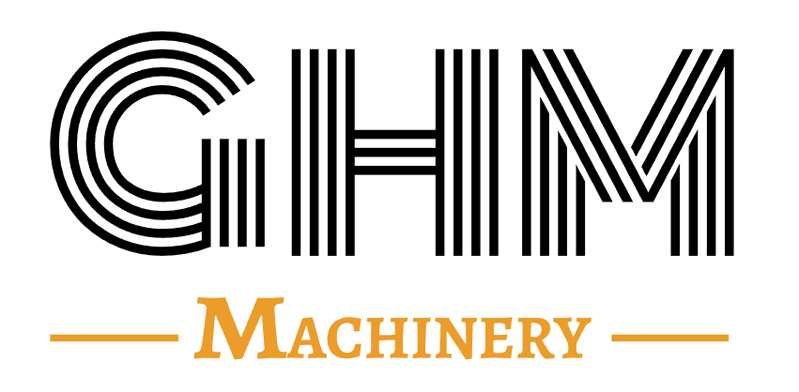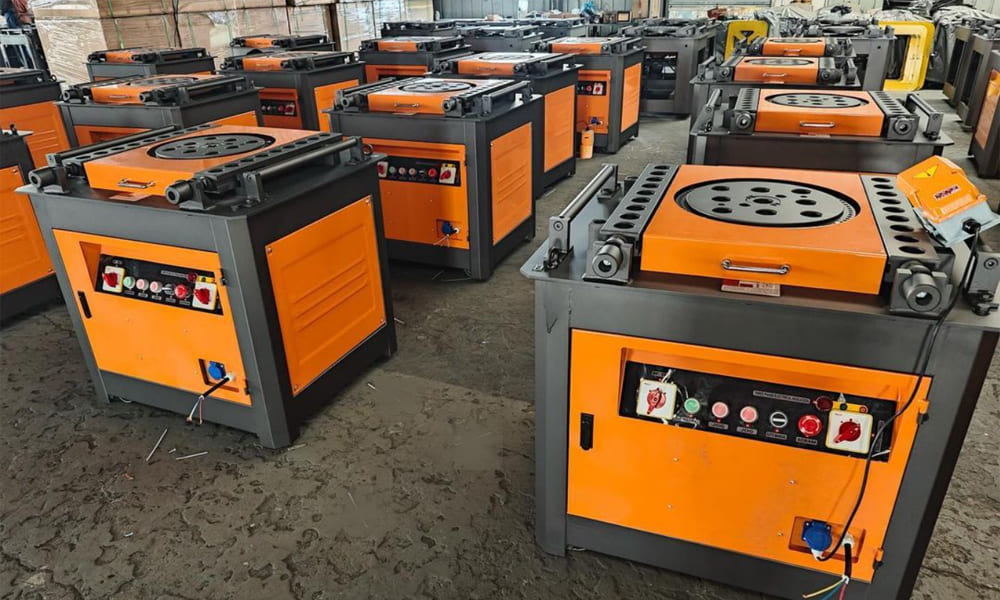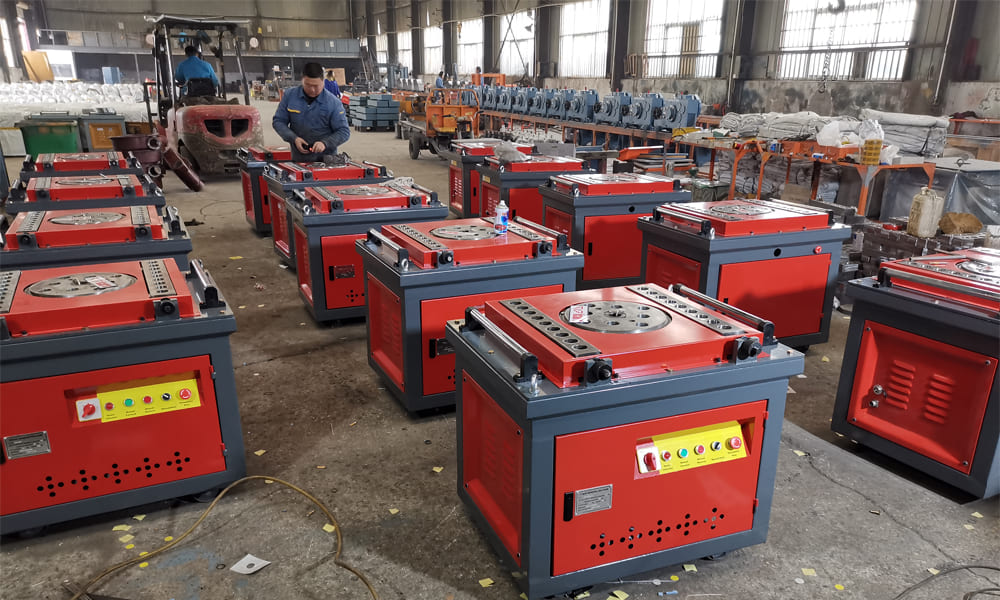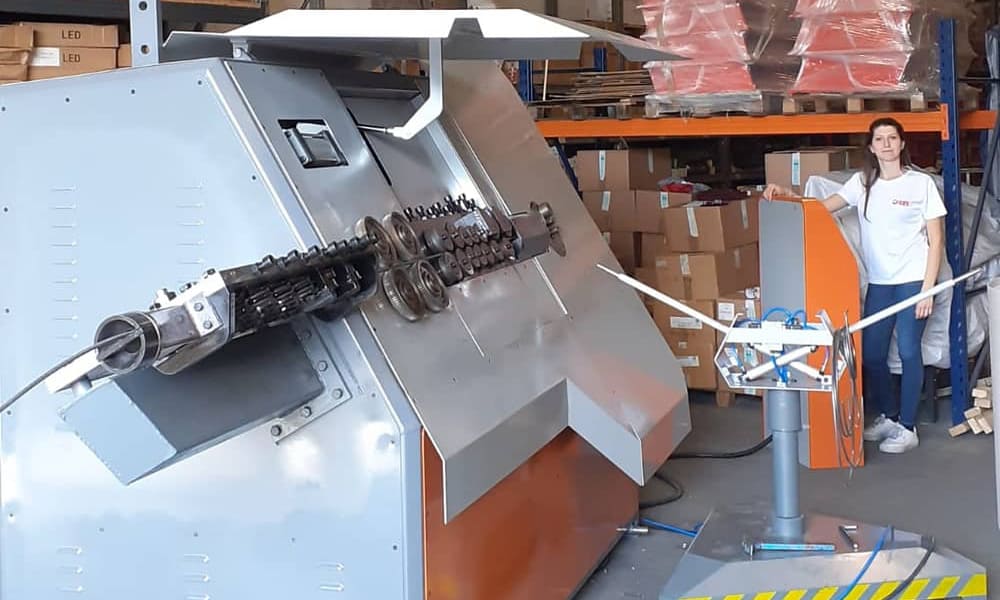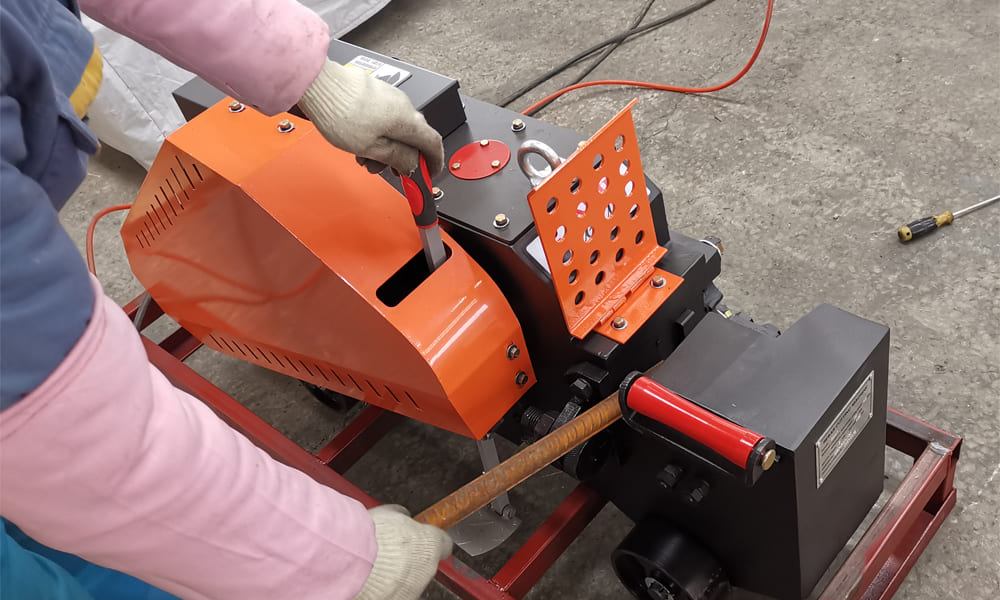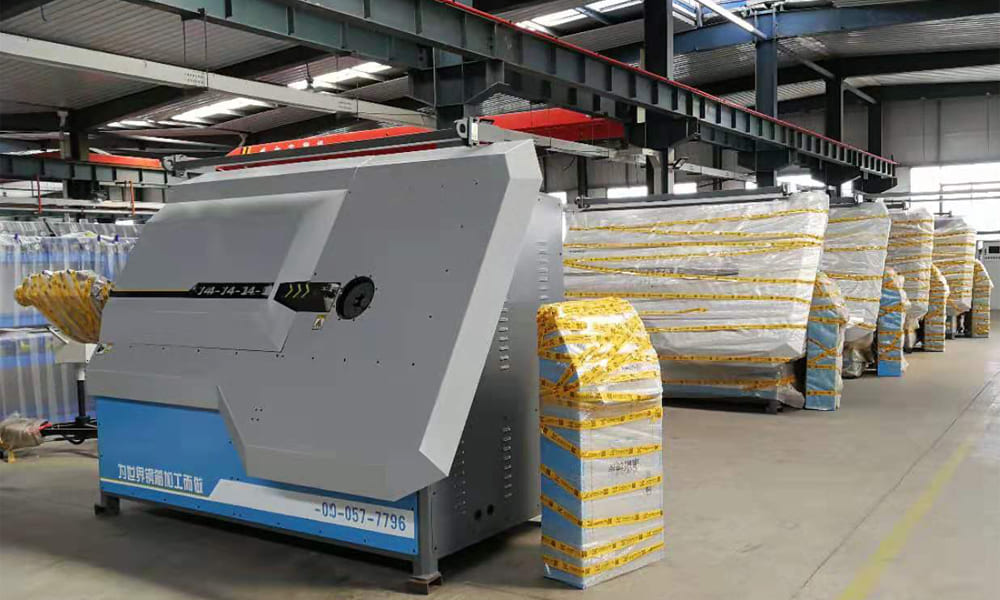A rebar bender machine is essential for shaping rebars accurately in construction projects. It operates by positioning the rebar on a horizontal working disc that rotates vertically, bending the rebar through a bending pin and center pin cooperation. This equipment adjusts bending angles and radii to suit various building shapes and structures efficiently. Its simplicity and high efficiency make it indispensable at rebar processing plants and construction sites.
Key Factors to Consider When Choosing a Rebar Bender Machine
When purchasing a rebar bending machine, several factors ensure optimal performance and suitability for your needs:
1. Machine Model
Select a machine model based on the diameter and length of the rebars you’ll be working with. Different models cater to varying rebar sizes, ensuring efficient processing and operational effectiveness.
Popular Models Include:
- GW40 Rebar Bender Machine: Ideal for 6-40mm or 6-50mm steel bars, commonly used in construction and bridge projects for its straightforward operation and reliability.
- GW50 Steel Bar Bender Machine: Known for its high repurchase rate, indicating widespread user satisfaction and reliability.
- 25-Type Hoop Bender Machine: A fully automatic option for precise steel bar bending, highly regarded for its efficiency and performance.
Choosing the right model enhances work efficiency and improves overall project quality.
2. Motor Power
Motor power varies among different models to accommodate specific operational requirements. For instance:
- GW-40: 3kW
- GW-50: 4kW
- GW25: 3kW
- GW60: 5.5kW or 7.5kW
These specifications ensure the machine meets the necessary workload demands effectively.
3. Worktable Size and Thickness
Consider the size and thickness of the worktable, which affects the machine’s stability and capacity:
- GW40: Diameter 350mm, machine size 1040mm×750mm×730mm, worktable panel diameter typically 10mm or 12mm.
- GW50: Diameter 400mm, machine size 1040mm×850mm×830mm, worktable panel diameter generally 12mm or 14mm.
A robust worktable enhances durability and operational precision.
4. Operation Convenience and Precision
Technological advancements like digital control platforms in modern rebar benders allow for precise angle settings, optimizing efficiency and accuracy. Semi-automatic options offer durability and speed, minimizing manual labor and increasing production capacity.
5. Price
Rebar bender machines range from US$600 to US$2,000, varying by processing capacity and lifespan. Choose a machine that balances performance with cost-effectiveness, ensuring it meets your budget and operational requirements effectively.
Conclusion
Selecting the right rebar bender machine involves considering machine model, motor power, worktable specifications, operational features, and price. Each factor contributes to enhancing project efficiency and achieving superior construction quality.
By understanding these key considerations, you can make an informed decision that aligns with your construction needs and budgetary constraints.
